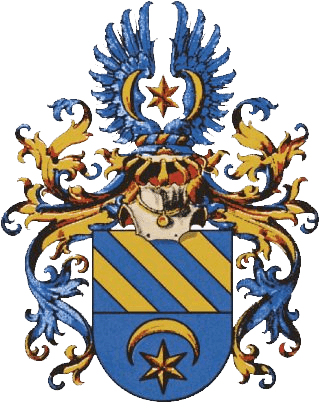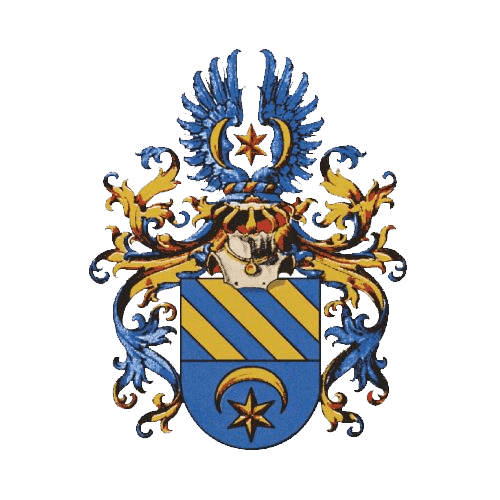Citizen Assemblies
What is a citizen assembly?
A citizen assembly is a deliberative and democratic process that brings together a group of individuals from the general public to engage in informed discussions and decision-making on a specific issue or set of issues. The assembly members (also called the mini-public), represent a cross-section of society and are chosen by random selection, learn from expert speakers, receive information from stakeholders, engage in facilitated discussions, and ultimately provide recommendations or policy proposals.
Deliberative mini-publics aim to foster inclusive and participatory democracy by ensuring that everyday citizens have a voice in shaping public policies, allowing for diverse perspectives to be considered and enhancing trust in the decision-making process. Citizen assemblies can accelerate necessary long-term policy actions and give a public mandate for difficult trade-off decisions in the name of the common good.
The roots for citizen assemblies lie in ancient Greece and Mesopotamia. Modern citizen assemblies have been practiced since the 1970s on local, regional, and national level on topics like urban planning, migration, environment, electoral reform, and even for updating constitutions. In recent years, due to worsening climate warming, a wave (or a hurricane?) of climate assemblies is taking place around the globe.
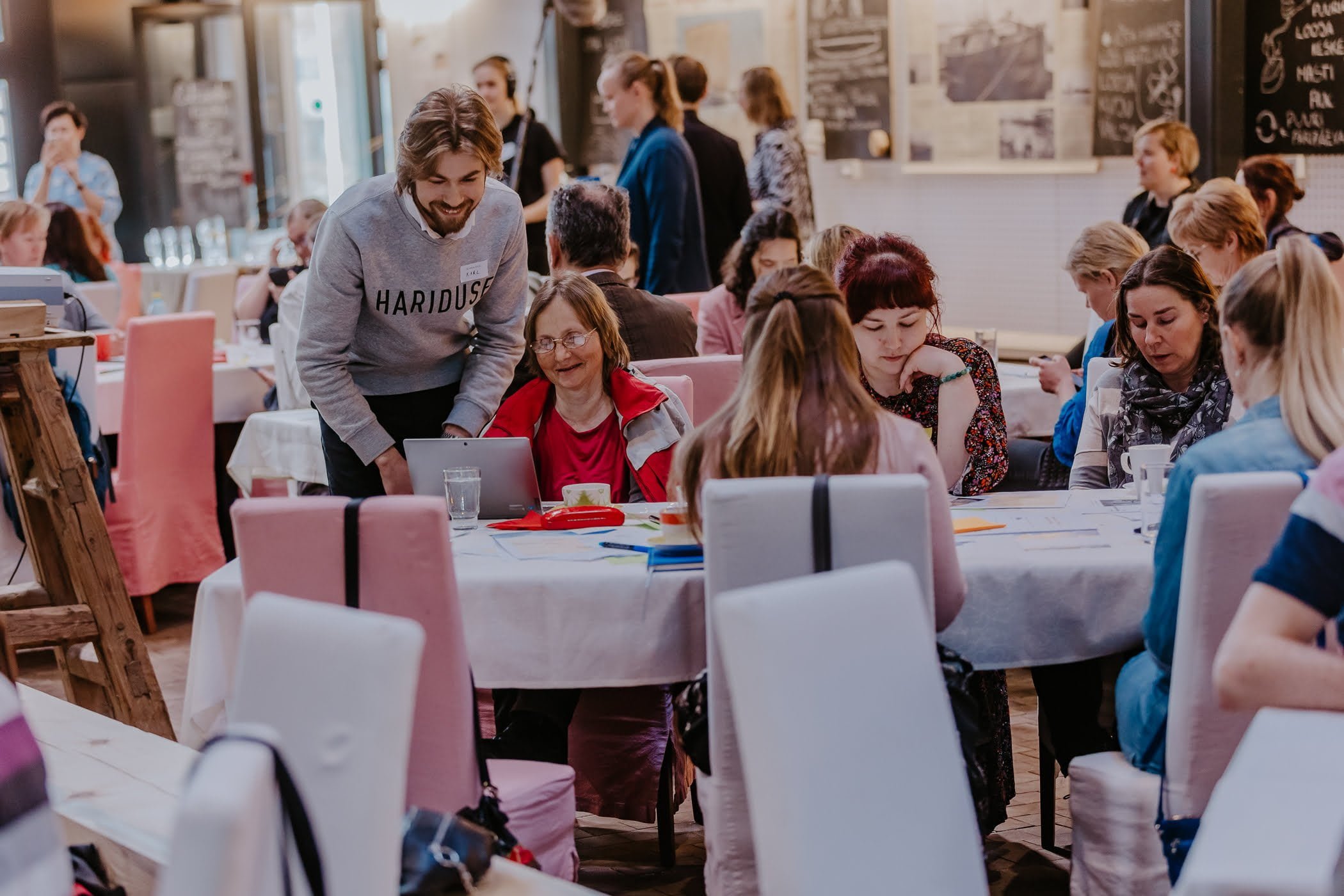
This is how a citizen assembly works:

A demographically representative group of CITIZENS


Are given time and opportunity to LEARN

A demographically representative group of CITIZENS


Are given time and opportunity to LEARN


Before they DELIBERATE


They are presented with expert EVIDENCE

Before they DELIBERATE


They are presented with expert EVIDENCE


In order to make DECISIONS


That serve as a MANDATE for the PUBLIC SECTOR

In order to make DECISIONS


That serve as a MANDATE for the PUBLIC SECTOR
Why deliberative mini-publics?
In a way, citizen assemblies offer a blueprint for democratic decision-making. That is why DD is organizing them in Estonia and beyond. At the same time, we contribute to the international development work of deliberative mini-publics in these networks: Democracy R&D global network, Knowledge Network on Climate Assemblies (KNOCA), Federation For Innovating Democracy – Europe (FIDE).
Our experience
Our deliberative democracy experts have, in their different roles, organized the previous climate-related citizen assemblies in Estonia.
Tallinn, while being the green capital of Europe, piloted the climate assembly as an innovative citizen engagement method in 2023. The mini-Tallinn gathered for 5 days over three weekends, deliberated in Estonian, Russian, and English, and proposed climate-proof ideas for preserving and adding more urban green in Tallinn.
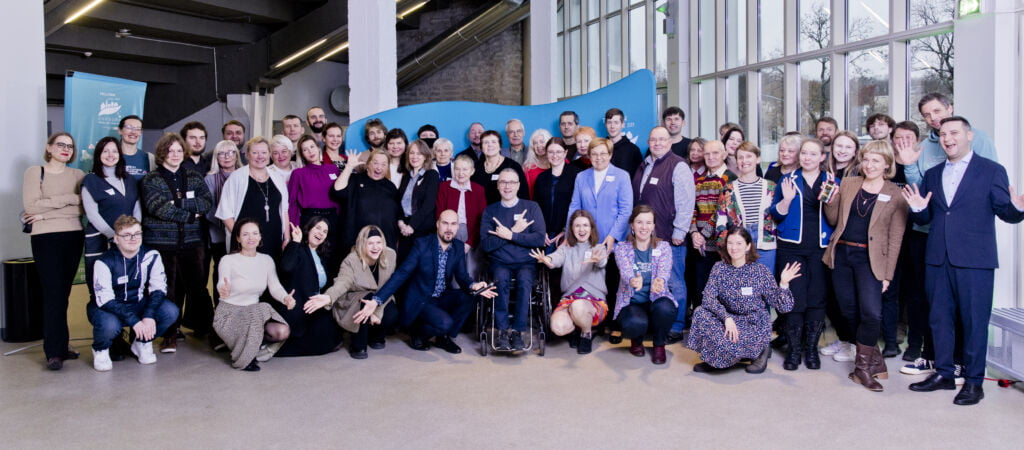
The mandate was to prioritize climate adaptation actions regarding green spaces, according to the existing strategy of Tallinn 2035. Tallinn’s vice mayor chairs a committee that is responsible for publicly answering the 39 proposals and communicating about the implementation of proposals throughout 2024.
The assembly was organized by Tallinn Strategy Unit and DD Center for Democracy.
Website of the assembly (also in English): greentallinn.eu/rahvakogu
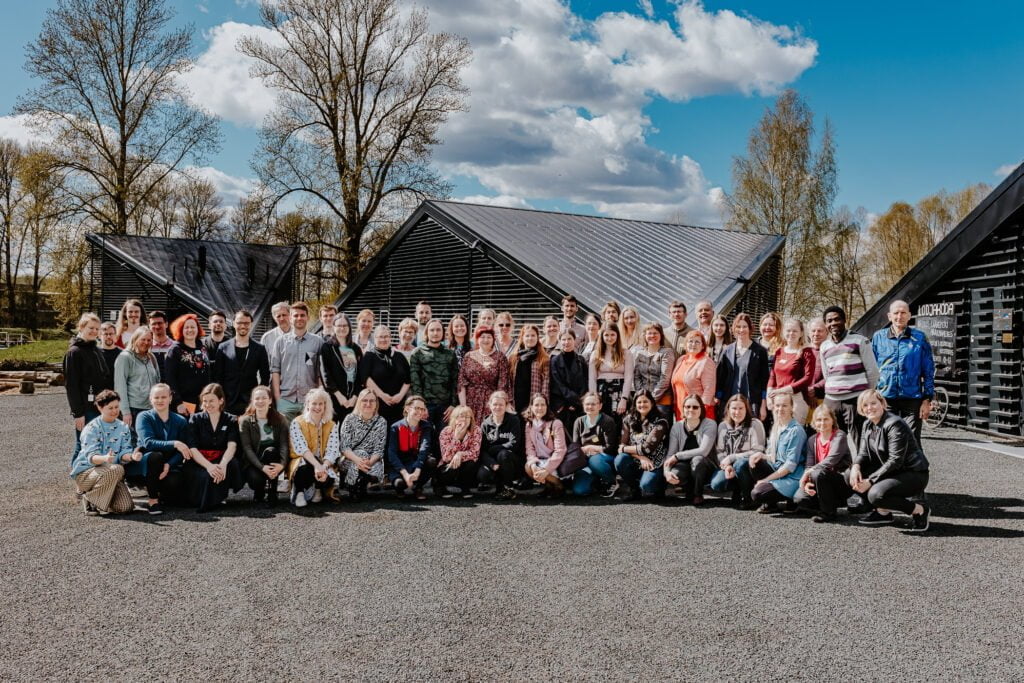
Tartu Climate Assembly (2022)
In April and May 2022 a mini-Tartu of 45 residents gathered over two weekends to learn about the climate and sustainable mobility goals of Tartu, hear experts and stakeholder groups, and deliberate on solutions. 66 recommendations on calming traffic, creating more space for pedestrians and bikers, as well as preserving and increasing biodiversity in Tartu were made to the town hall. A public response by the municipality of 100 000 residents was published and presented to the mini-Tartu one month later.
Two years later, while drafting the development plan, Tartu municipality published an update on the implementation of the proposals. Most of the proposals have been implemented or are in the process of it.
The assembly was organized in collaboration with the Green Tiger Foundation and the city of Tartu.
More details of the assembly can be found here and you can also check out the video (in Estonian).
Ida-Viru youth assembly on Just Transition (2021)
The first climate-related citizen assembly of Estonia was regional (in the Ida-Viru county in Northeastern Estonia) and only limited to youth between 16 and 29 years. The assembly was virtual and took place over two weekends, simultaneously in Estonian and Russian language. The young participants evaluated the Just Transition draft plan for the oil-shale dependent county.
The assembly members drafted around 20 proposals to the Ministry of Finance and the county administration. Most of the recommendations were accepted to the national plan.

Some participants of the assembly formed a new civic organisation to raise climate awareness in the region. The organization now represents the local youth in the steering committee of the Just Transition Fund (340 mln €) at the Ministry of Finance. The steering committee is led by the minister and it consists of other ministries, employers and trade unions from the region, environmental organizations, universities. Before the climate assembly there was nobody representing the youth from the region.
The Ida-Viru youth assembly was organized by the Estonian Fund for Nature and the Green Tiger Foundation.
Read more about the assembly here and take a look at the presentation as well.
Why a citizen assembly?
In a way citizen assemblies offer a blueprint for democratic decision-making. That is why DD is organizing them in Estonia. At the same time we contribute to the international development work of deliberative mini-publics.
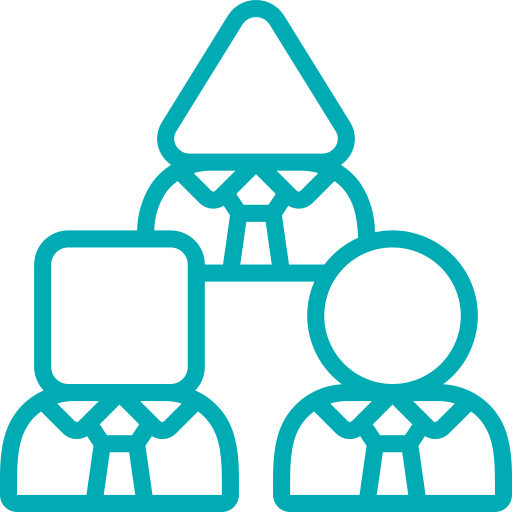
Diverse
A diverse and representative cross-section of the population is ensured.

Knowledge-based
Discussions and suggestions are based on the best knowledge brought in by experts.

Inclusive
The views of all relevant stakeholders are incorporated.

Deliberative
Participants have enough time, safe space and skilled support to thoroughly consider what steps to recommend to the city.

Creates trust
Working together on the common recommendations increases trust among participants, buts trusting relationships inside the community and understanding of others.

Empowering
Raises residents' motivation and interest in policy-making.

Encouraging
The collective wisdom ecourages officials and politicians to make difficult choices.

Citizens’ Assembly for a Green Capital
Tallinn is the European Green Capital 2023 and as a part of that program the first ever Tallinn Citizen Assembly will be held in autumn 2023. DD Foundation will provide consultancy in designing and facilitating the assembly and make sure it will meet the international standards.
The process will:

focus on adapting to climate change through the development of green spaces and blue areas in Tallinn

create considered proposals from citizens for the development of Tallinn green spaces in adapting to climate change
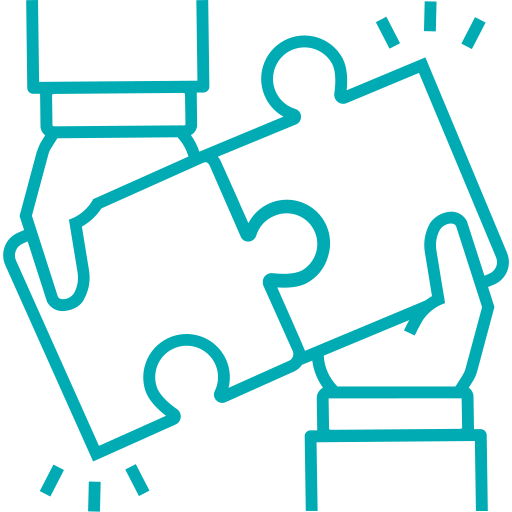
promote co-creation between the city and its residents
Schedule of the Tallinn citizen assembly:
Preparations, opening seminar
Start of the design and collaboration between DD and the Strategy Unit of Tallinn.
Launch seminar for municipality’s officials and politicians to pinpoint the scope, main dilemmas, receptiveness and commitment regarding the remit of the assembly.
April-
May
May-
June
Public launch
Public launch of the event as well as the web-page for the assembly: greentallinn.eu/rahvakogu.
Designing the assembly’s programme
DD Foundation will take care of the content design, use of learning and deliberation methods. We will find relevant experts to give presentations, map interest groups and invite them to present their viewpoints.
Preparing the sortition process.
May-
Sept
September
Recruiting the mini-Tallinn
Based on the census data given by Statistics Estonia, we send out 15 000 e-invites and 15 000 letter invites to Tallinn residents 15 years and older.
Everyone invited can register their interest to participate in the assembly. Out of those registered we will make the final representative sample of 60 tallinners based on the following criteria: age, sex, language (Estonian, Russian, other), home address (8 districts), education, assessment to one’s social-economic wellbeing.
Tallinn Citizens’ Assembly for a Green Capital
The mini-Tallinn convenes on 3 weekends for 5 days:
- October 7-8: learning from experts and hearing different interest groups
- October 14-15: deliberating in group sessions and drafting recommendations
- November 4: finalizing recommendations, voting upon them (80% threshold) and presenting the final recommendations to the mayor of Tallinn
Oct 7-
Nov 4
November
Summarizing the results
DD Foundation will gather feedback from the assembly members, municipal officials who participated in the process, observers and other parties. A summary report will be published on learnings and impacts.
Final seminar
Tallinn officials and politicians discuss the experience and learnings of organizing a citizen assembly, and the chances of having regular assemblies. DD Foundation will conclude consulting the Strategy Unit of Tallinn, but Tallinn will continue with follow-up events and communication on the implementation of the recommendations.
December
The events of the citizens’ assembly are limited to the randomly selected participants. However, in the assembly events it is possible to participate as an observer by prior agreement. Write us about your interest by October 1 at the latest at rahvakogud@democracy.ee
Schedule of the Tallinn citizen assembly:
April-
May
.
Preparations, opening seminar
Start of the design and collaboration between DD and the Strategy Unit of Tallinn.
Launch seminar for municipality’s officials and politicians to pinpoint the scope, main dilemmas, receptiveness and commitment regarding the remit of the assembly.
May-
June
.
Public launch
Public launch of the event as well as the web-page for the assembly:
greentallinn.eu/rahvakogu.
May-
Sept
.
Designing the assembly’s programme
DD Foundation will take care of the content design, use of learning and deliberation methods. We will find relevant experts to give presentations, map interest groups and invite them to present their viewpoints.
Preparing the sortition process.
September
.
Recruiting the mini-Tallinn
Based on the census data given by Statistics Estonia, we send out 15 000 e-invites and 15 000 letter invites to Tallinn residents 15 years and older.
Everyone invited can register their interest to participate in the assembly. Out of those registered we will make the final representative sample of 60 tallinners based on the following criteria: age, sex, language (Estonian, Russian, other), home address (8 districts), education, assessment to one’s social-economic wellbeing.
Oct 7-
Nov 4
.
Tallinn Citizens’ Assembly for a Green Capital
The mini-Tallinn convenes on 3 weekends for 5 days:
- October 7-8: learning from experts and hearing different interest group
- October 14-15: deliberating in group sessions and drafting recommendations
- November 4: finalizing recommendations, voting upon them (80% threshold) and presenting the final recommendations to the mayor of Tallinn
November
.
Summarizing the results
DD Foundation will gather feedback from the assembly members, municipal officials who participated in the process, observers and other parties. A summary report will be published on learnings and impacts.
December
.
Final seminar
Tallinn officials and politicians discuss the experience and learnings of organizing a citizen assembly, and the chances of having regular assemblies. DD Foundation will conclude consulting the Strategy Unit of Tallinn, but Tallinn will continue with follow-up events and communication on the implementation of the recommendations.
The events of the citizens’ assembly are limited to the randomly selected participants. However, in the assembly events it is possible to participate as an observer by prior agreement. Write us about your interest by October 1 at the latest at rahvakogud@democracy.ee
Executive team
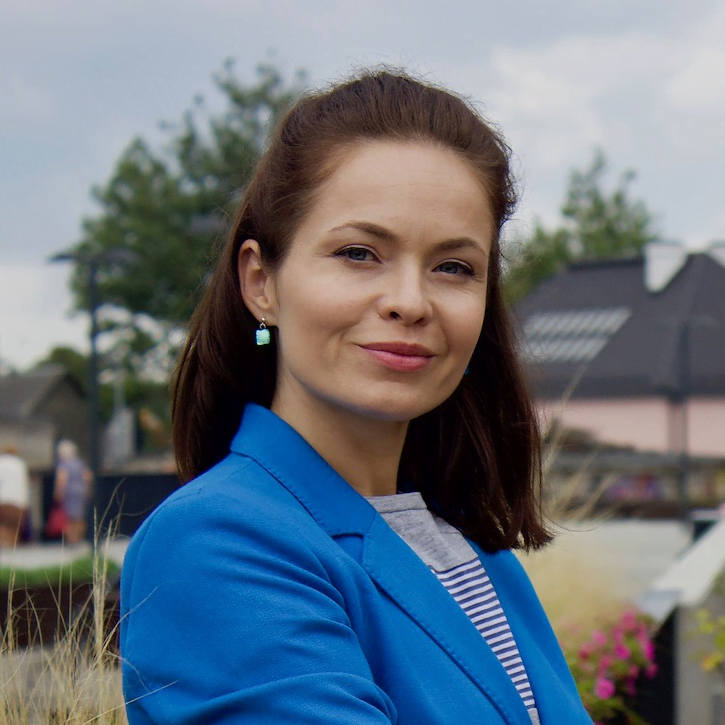
Maiu Lauring
maiu@democracy.ee
Project Manager,
Lead consultant for Tallinn
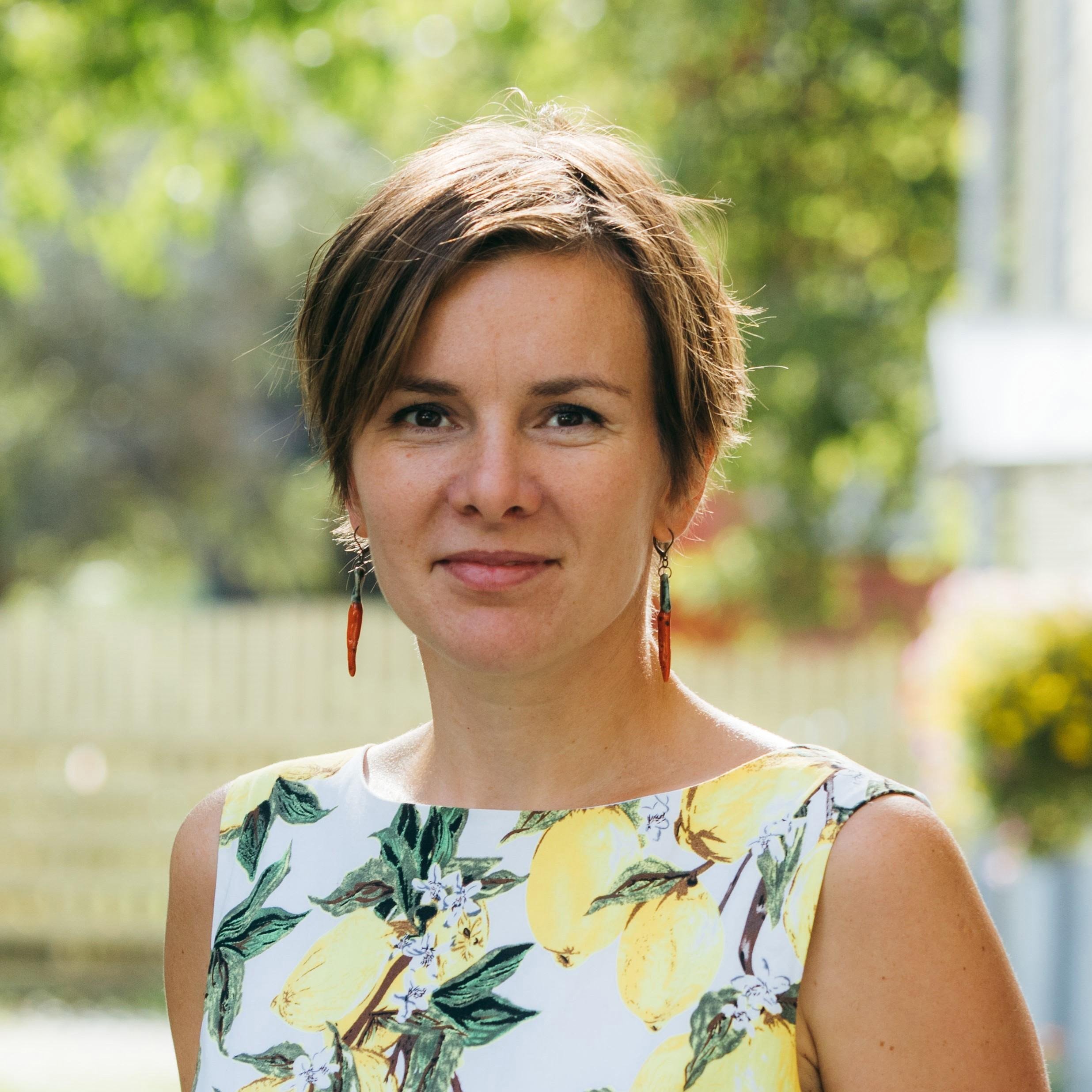
Teele Pehk
teele@democracy.ee
Expert on Deliberative
Democracy

LIISA JÕERÜÜT
liisa@democracy.ee
Consultant
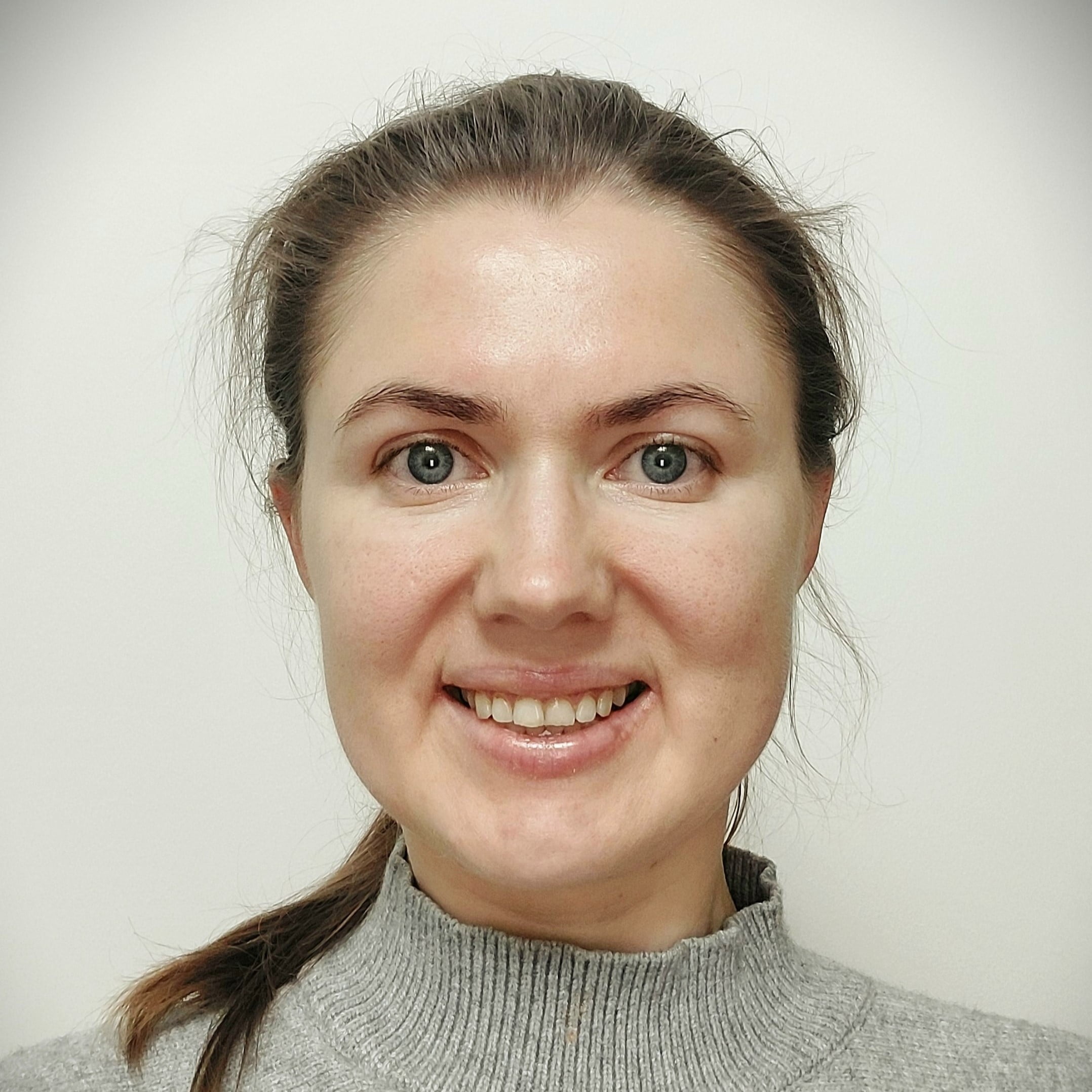
ALLA SIROTINA
alla@democracy.ee
Contact person for
assembly members
